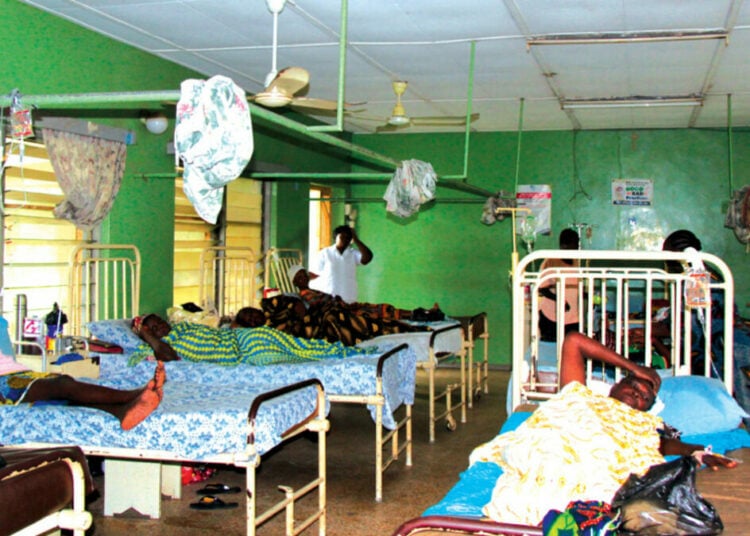Health experts, government officials and technology innovators have called for the responsible deployment of Artificial Intelligence (AI) to strengthen Nigeria’s healthcare system, boost disease surveillance and improve access to care.
They made the call at a capacity-building workshop on Artificial Intelligence for Public Health, organised by the Africa Hub for Innovation and Development in Abuja yesterday.
Speaking at the event, senior technical advisor to the minister of health on digital health, Dr. Leke Ojewale, said the Federal Ministry of Health was laying the groundwork for AI adoption through the Nigeria Digital Health Architecture (NDHA), a national platform designed to integrate all digital health tools.
He said the architecture was built on three foundational registries- the client registry (linked to the National Identification Number), health facility registry and healthcare worker registry, to ensure accurate identity management and data sharing across the health system.
“These building blocks will power the country’s Health Information Exchange, which will in turn support AI-driven tools to improve healthcare delivery nationwide,” Ojewale explained.
He urged Nigerians to familiarise themselves with the digital health framework available at digitalhealth.gov.ng, noting that it outlines the standards and regulations guiding the use of digital and AI technologies in the health sector.
Also speaking, the director-general of West African Institute of Public Health, Dr. Francis Ohanyido, emphasised that AI should be seen as a tool for efficiency, not a threat to jobs.
“AI is not here to replace people; it’s here to enhance productivity. The danger lies in refusing to adapt,” he said, warning that professionals who fail to upskill may be left behind.
He added that Nigeria must be deliberate in its engagement with AI by promoting awareness, creating regulatory guardrails and preventing misuse, particularly in areas such as misinformation, image manipulation and data privacy.
A deputy director at the Department of Research and Statistics, Federal Ministry of Health, For Dr. Gbenga Ijaodola, said, “Artificial intelligence is a two-edged sword. It can yield great benefits or cause harm if not properly guided. We must build strong ethical frameworks to ensure its responsible use,” he stated, adding that government agencies are already working on such frameworks.
The National Director of the Center for Artificial Intelligence and Robotics (NCAIR), Dr. Bunmi Ajala, noted that AI is transforming several health areas from diagnostics and drug discovery to logistics, personalized treatment, and disease surveillance.
She said the government was adopting a “human-in-the-loop” approach to ensure trust, accountability, and safety in AI applications, particularly in healthcare delivery.
Founder of the Africa Hub for Innovation and Development and convener of the workshop, Dr. Kunle Kakanfo, said the initiative is focused on using AI for social good, not just commercial purposes.
“Our focus is to ensure AI solutions reach the common man, improving livelihoods, health outcomes, and education. We are training participants from over 40 public health and development organizations on how to apply AI responsibly,” he said.
He revealed that the Hub has also established an AI for Social Good Innovation Hub in Abuja to promote collaboration, co-creation, and development of AI-driven solutions tailored to Nigeria’s needs.
Kakanfo added that the discussions from the workshop will feed into the creation of a national AI framework for health, ahead of the first National AI in Health Conference scheduled to hold in Abuja next year.





